It’s with a heavy heart that I’ve decided to… resume blogging yet again. Apologies in advance to fans of comics criticism and quality journalism.
Yes, I think I’ve now announced something along these lines about a dozen times now. Or maybe twice. The pandemic made me feel like I’m trapped in one of those temporal loops that Star Trek writers resort to when low on ideas, as I’m sure it did many of us.
After 19 agonising months we finally moved home, and even after 6 months of renovations, garden clearance and all manner of other crap the process is still likely to eat my creative time for the remainder of 2021. Consequently I’ll probably be limiting myself to one brief post a week for now.
Thanks to all those who sent me their best wishes and kind emails last year, and reminded me why I started Shelf Abuse over a decade ago. 2020 saw my depression reach its nadir, and your kind words helped me get back on my feet. If I didn’t respond to your recent correspondence, please don’t hate me, and do contact me again with updates and future projects.
I’ve also updated the submission guidelines yet again to reflect these changes. As always, if I don’t reply please don’t take it personally, and always feel free to resubmit.
Other major changes include:
- Shelf Abuse will now focus mostly on comics and my own creative journey and opinions, with the occasional film, video game or literature based piece.
- No more reviews in the traditional sense, more recommendations for books I’ve enjoyed, disseminated in a punchier and far more casual tone. I’m still taking submissions, but seeing as my inbox currently holds over 300 emails from the past year, I’m no longer able to commit to anything. If I don’t respond to your correspondence, please don’t hate me, and do contact me again with updates and future projects.
- No more Indie Penance for now – the aim is for shorter and more regular posts, rather than a big post full of mini-reviews. The Indie Penance structure never made much sense, as reviews within rarely saw the same levels of engagement or exposure as posts focussed on a single book.
- Bothersome Books, my wee imprint for my few publishing efforts, will be getting consumed by Shelf Abuse. It seems silly maintaining two sites when I struggle with one.
- I’ll soon be adding a comic project that I’ve been working on sporadically for too many years. I’ve never made enough of an effort to promote my own work via Shelf Abuse, and I need to either find a way to make this blog benefit me or shut it down.
- I’m abandoning Facebook. I hate it and everything it represents, and after over ten years of the infernal thing I’ve never picked up much in the way of followers or engagement. The page will remain up and I may check messages occasionally, but no more posts.
- Twitter and Instagram will be getting daily updates: a mixture of comics, personal and creative content.
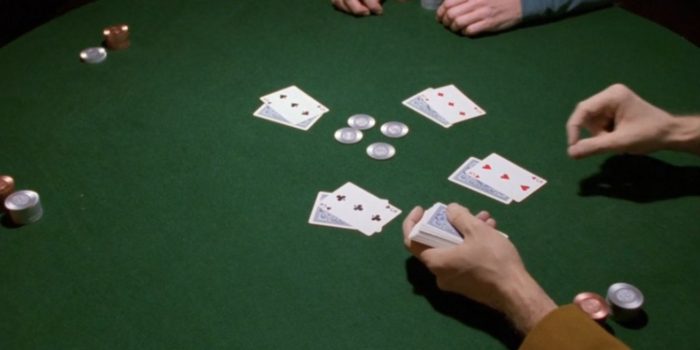
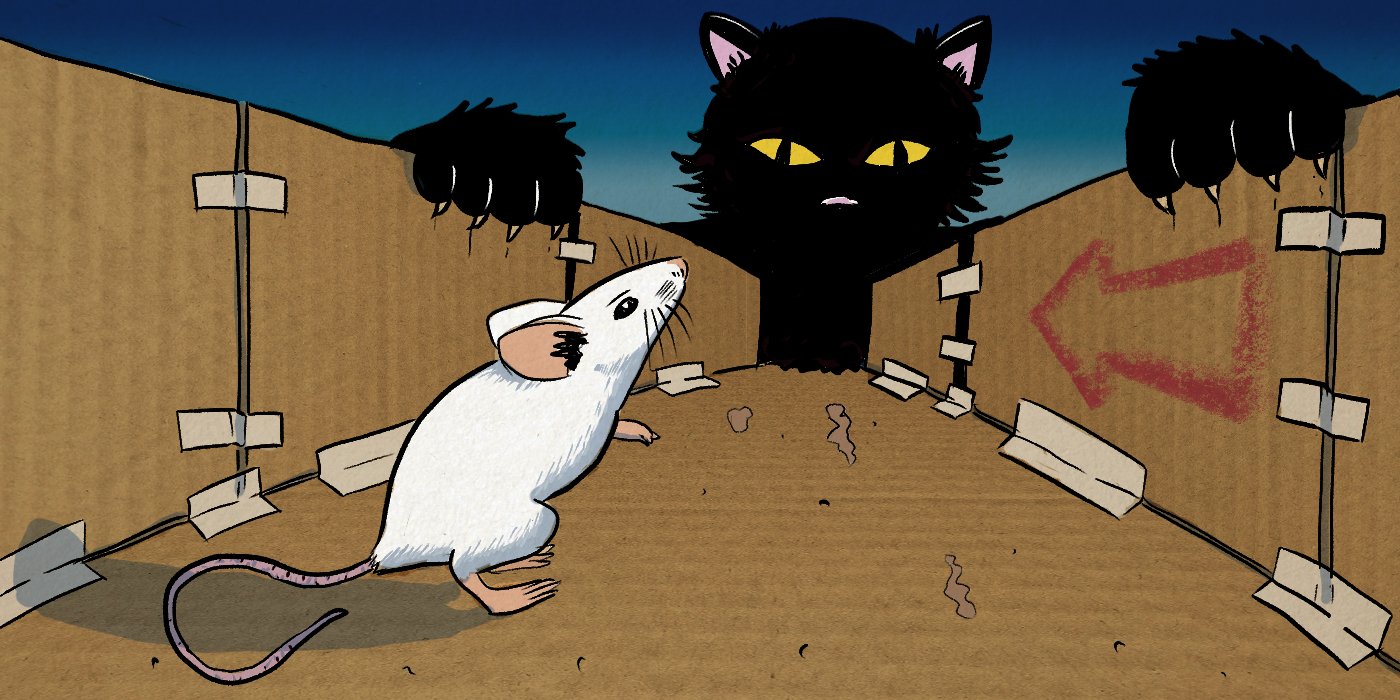
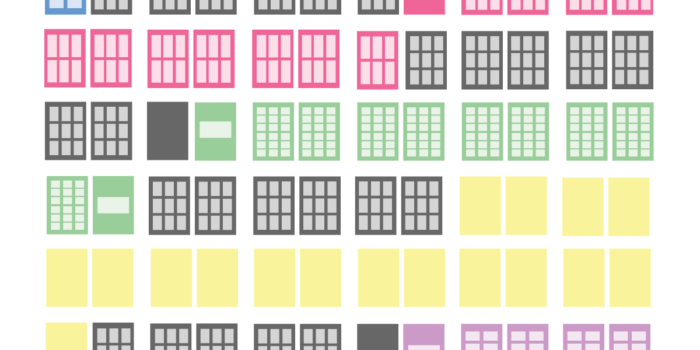
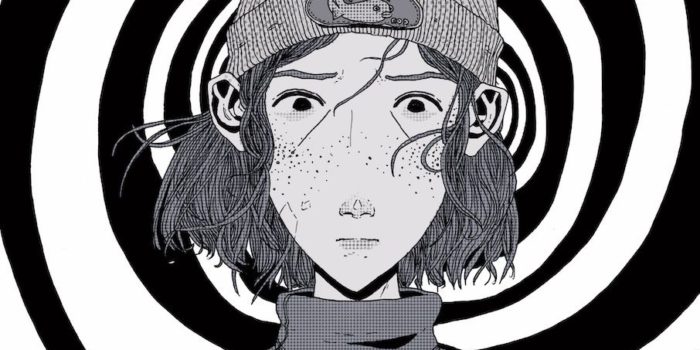
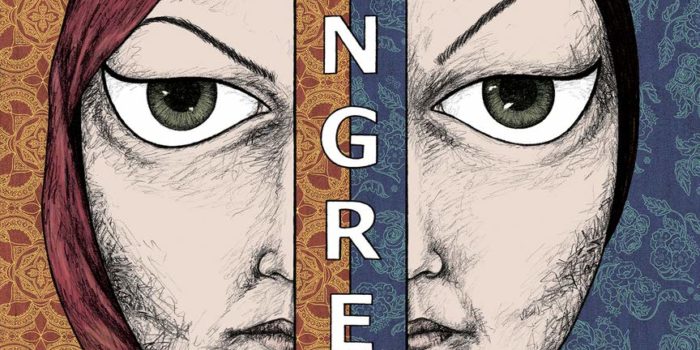
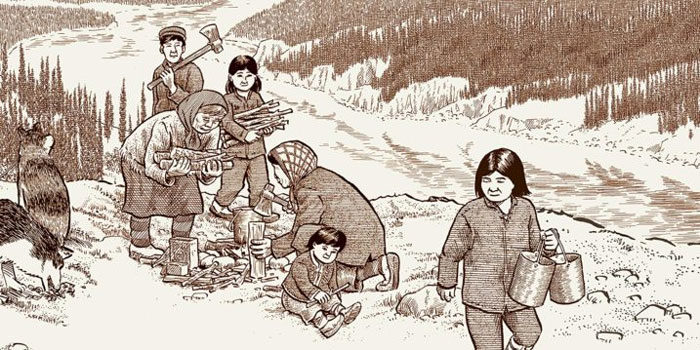

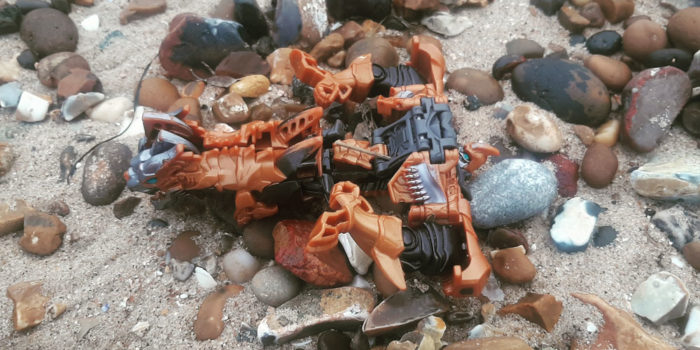
Leave a Reply